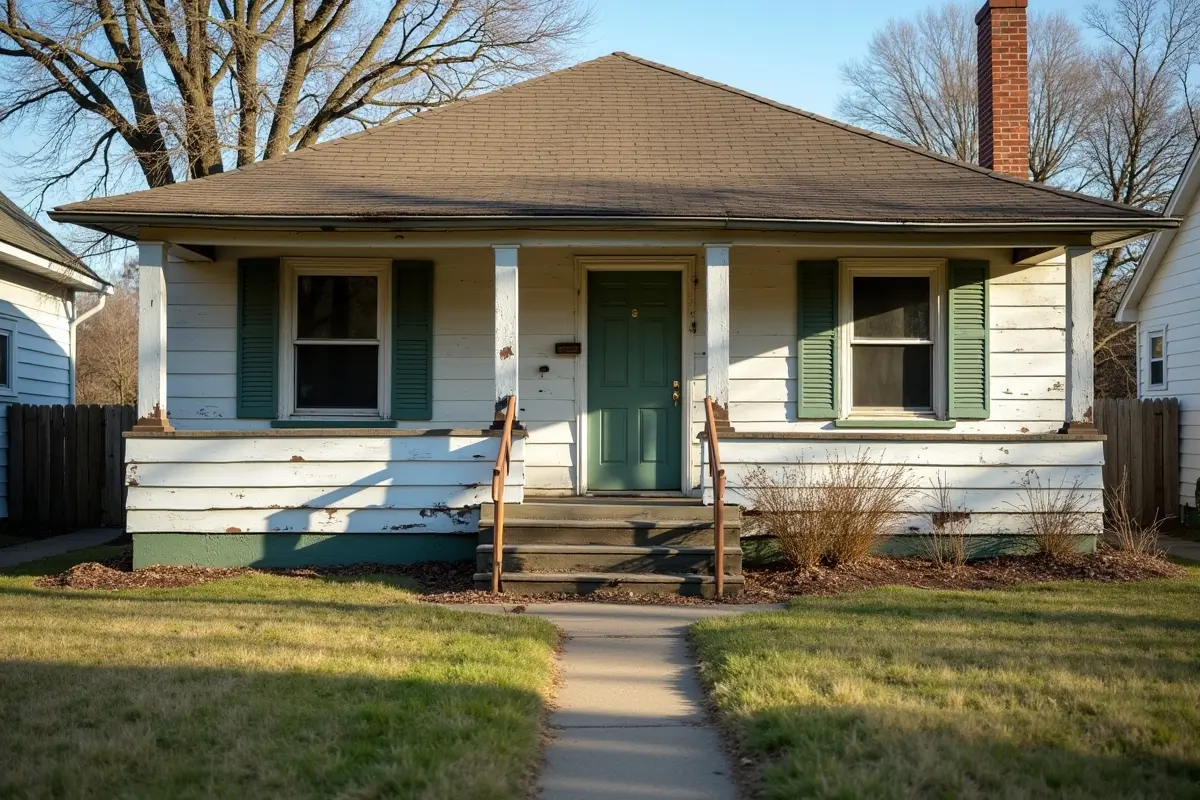Embarking on a roofing project is a significant undertaking that requires careful planning and consideration. Whether you are replacing an old roof or installing a new one, understanding the key aspects of the process can save you time, money, and frustration. This guide will walk you through the essential factors to consider before starting a roofing project, ensuring that you are well-prepared for the task ahead.
Assessing Your Roofing Needs and Budget
The first step in any roofing project is to assess your needs and establish a budget. Begin by evaluating the current condition of your roof. Look for signs of damage, such as leaks, missing shingles, or sagging areas. If you are unsure about the extent of the damage, consider hiring a professional roof inspector. This assessment will help you determine whether you need a full roof replacement or just repairs.
Once you have a clear understanding of the work required, set a realistic budget. Roofing projects can vary significantly in cost depending on the materials used, the size of the roof, and the complexity of the installation. Common roofing materials include asphalt shingles, metal, tile, and wood. Each material has its own cost and lifespan, so choose one that fits both your budget and long-term needs.
Additionally, factor in the cost of labor, permits, and any unexpected expenses that may arise during the project. Having a well-defined budget will guide your decision-making process and prevent overspending.
Choosing the Right Roofing Contractor
Selecting a reputable roofing contractor is crucial to the success of your project. A skilled and experienced contractor can make a significant difference in the quality of the installation and the longevity of your roof. Start by researching local roofing companies and reading reviews from previous customers. Ask for recommendations from friends, family, or neighbors who have recently completed roofing projects.
Once you have a list of potential contractors, conduct thorough interviews. Ask about their experience, licensing, and insurance coverage. A reputable contractor should have the necessary licenses and insurance to protect both you and their workers. Request a detailed written estimate that outlines the scope of work, materials to be used, and the project timeline.
Compare estimates from multiple contractors to ensure you are getting a fair price. Additionally, ask for references and follow up with past clients to gauge their satisfaction with the contractor’s work. By taking the time to choose the right contractor, you can ensure a smooth and successful roofing project.
Understanding the Installation Process and Maintenance
Before starting your roofing project, familiarize yourself with the installation process and the necessary maintenance to keep your roof in good condition. The installation process typically begins with the removal of the old roof, if applicable.
This step can be noisy and messy, so prepare your household accordingly. To manage the debris efficiently, consider arranging dumpsters for your roofing project to keep the site organized and minimize cleanup time. Once the old roof is removed, the contractor will inspect the underlying structure for any damage that needs to be repaired before the new roof is installed.
During the installation, ensure that proper ventilation is included in the design. Adequate ventilation helps regulate the temperature in your attic, preventing moisture buildup and extending the lifespan of your roof. After the installation is complete, perform a thorough inspection to ensure that all aspects of the project have been completed to your satisfaction.
Regular maintenance is essential to prolong the life of your roof. Conduct bi-annual inspections, especially after severe weather, to check for any damage or wear. Keep gutters clean and clear of debris to prevent water backup, which can lead to roof damage.
Address any issues promptly to prevent minor problems from becoming major repairs. Understanding the installation process and committing to regular maintenance will help you maximize the investment in your new roof.
Exploring Local Roofing Services
When planning your roofing project, it’s essential to explore local roofing services that can provide the expertise and support you need. Whether you are seeking Raleigh roof repair services or services in some other place, choosing a local contractor has several benefits. Local companies are familiar with the regional climate and common roofing issues, enabling them to offer tailored solutions that are best suited for your area.
Additionally, working with a local contractor can ensure quicker response times for inspections, repairs, and maintenance. They often have established relationships with local suppliers, which can help in sourcing quality materials at competitive prices.
By opting for local roofing services, you can also easily verify their reputation and reliability through local reviews and community feedback, ensuring you select a contractor you can trust to deliver a high-quality roofing project.
Evaluating Roofing Materials and Environmental Impact
Another critical aspect of planning your roofing project is evaluating the materials you will use and their environmental impact. Today, there is a wide range of roofing materials available, each with distinct advantages and drawbacks.
Asphalt shingles are popular due to their affordability and ease of installation, while metal roofs are known for their durability and energy efficiency. Tile and slate options offer long-lasting beauty but can be more expensive and require additional structural support.
Consider the environmental impact of your chosen materials. Some roofing options, like metal and certain types of synthetic shingles, are recyclable and can reduce your home’s overall carbon footprint.
Additionally, reflective roofing materials can improve energy efficiency by reducing heat absorption, thereby lowering your cooling costs. Researching and selecting eco-friendly materials not only benefits the environment but can also enhance your home’s value and energy efficiency over time.
Preparing for Weather and Seasonal Considerations
When scheduling your roofing project, it’s important to consider the local weather and seasonal factors that could impact the installation process.
Certain times of the year are more conducive to roofing work, with spring and fall often being the most favorable seasons due to milder temperatures and less precipitation. Repair services may also take local climate patterns into account, advising you on the best time to start your project to avoid delays and complications caused by extreme weather.
Plan ahead to accommodate weather-related challenges. For instance, unexpected rain can halt work and extend the project timeline, while extreme heat can make conditions unsafe for workers.
Discuss contingency plans with your contractor to ensure they have strategies in place to manage weather disruptions. By considering seasonal factors and preparing accordingly, you can help ensure a smoother and more efficient roofing project.
Starting a roofing project requires careful consideration of various factors, from assessing your needs and budget to choosing the right contractor, understanding the installation process, exploring local services, evaluating materials, and preparing for weather conditions.
By thoroughly planning and taking these elements into account, you can ensure a successful roofing project that provides long-lasting protection and value for your home.




